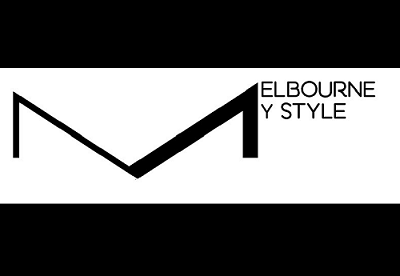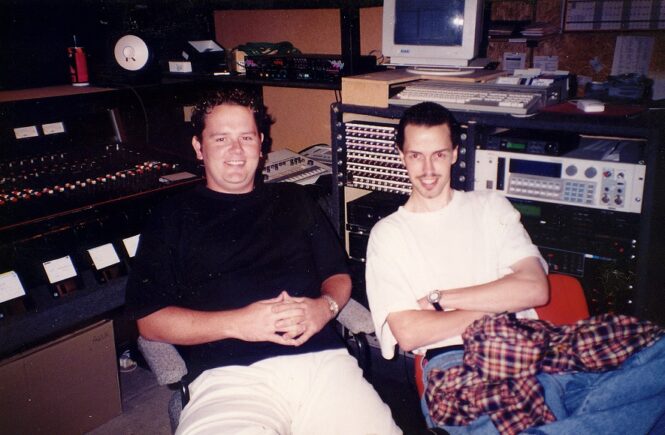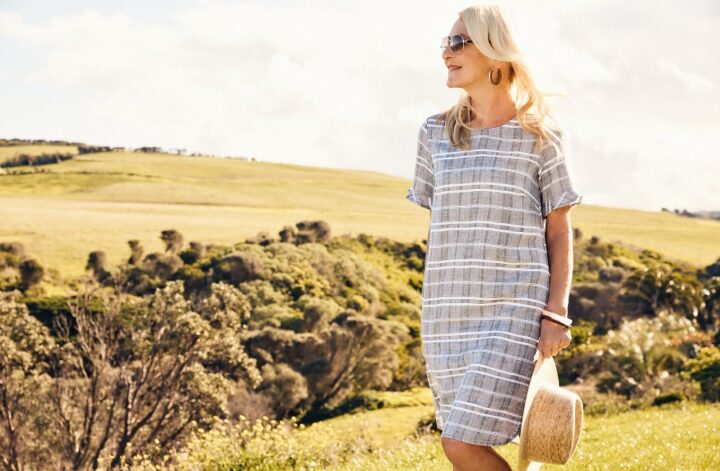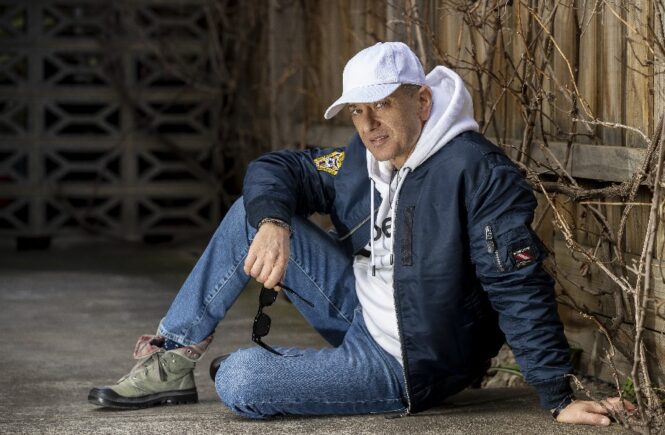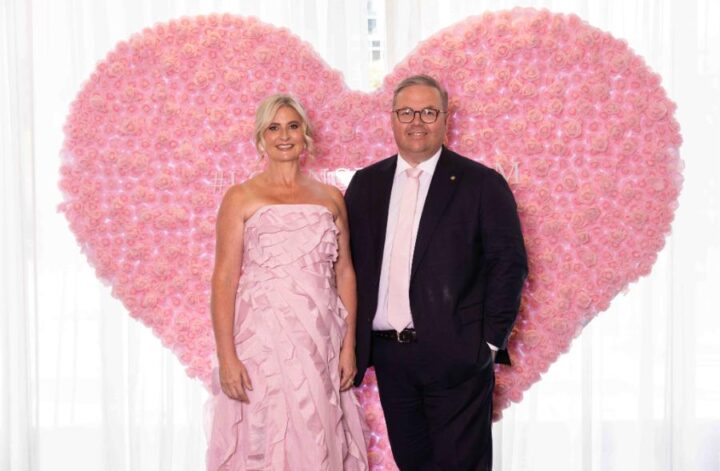This year marks the 30th Anniversary of the founding of the Vicious Label. Originally established in 1992 by friends, producers / DJs Andy Van and John Course, along with Colin Daniels. The label grew and gained global recognition, and helped establish the careers of many local and international artists and groups including The Potbelleez, Madison Avenue, Jack Colletta, and Dirty South.
Vicious is one of Australia’s biggest independent labels and the leader in electro-house and dance music, producing 800 releases, multiple number one worldwide hits, and winners of numerous industry awards.
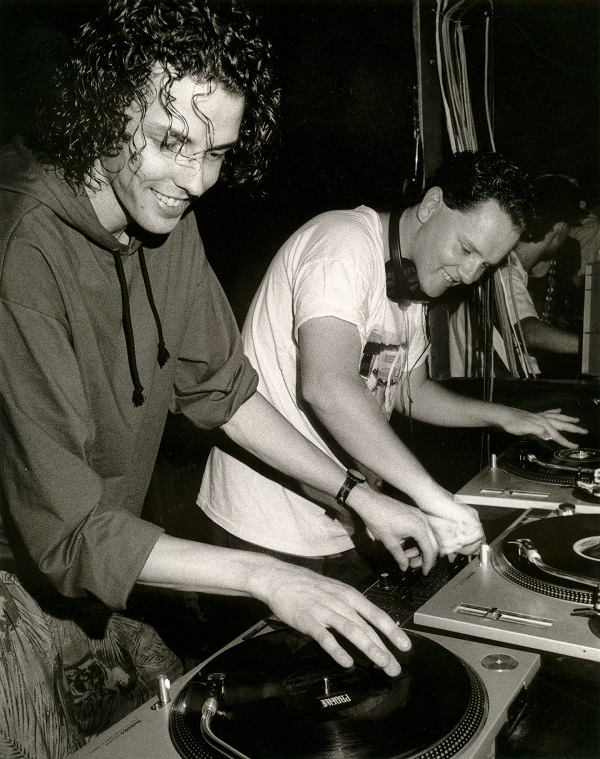
During the week, Andy and John both caught up with Jake from Melbourne My Style and spoke about their early beginnings in the business to where they are today.
Please tell me a little about how you both met?
Andy: “Both of us lived in Frankston and John was working with a dance school and DJ’ing in Frankston and I was a young guy, fresh out of first-year university and I happened to hear some dance music coming out of this dance school. I ended up speaking to John and I found out he was a DJ and I wanted to be a DJ too so then John let me jump on his gig and started his DJ shift, from there we became friends, and it led us into the music business together.”
John: “I was DJ’ing a small club called Stones Tavern at the time, I was doing the shift from 8:00 pm to 9:00 pm on a Thursday night. And I got promoted from 9:00 pm to 10:00 pm and later Andy started there and did the 8:00 pm to 9:00 pm shift.”
Growing up, you were both musically inclined, did you ever expect to be so successful in the music industry?
Andy: “Without a doubt yes.”
John: “I mean I didn’t have a music career mapped out but was always into music. I got into breakdancing and the hip-hop movement. I saw the movie Beat Street and was sold and there was a DJ scene in that movie, so I was always into music. I remember once I started DJ’ing, I kind of just loved it and enjoyed it.
Dance music was new, so no one could predict it was going to be still around 30 years later.
So, I think it would have been bold to think I’m going to have a 30-year career as a DJ way back then. But obviously, everything evolves, and you start to rethink what’s possible.”
Was it hard to start up your own independent label?
Andy: “I don’t think we recognised it was hard, we just felt that we wanted to do something, and we didn’t have this high bar, we didn’t have this thing where we must achieve this, it was more like we love doing this, let’s just release some stuff and see what happens. So, it wasn’t this business plan, if you will, it wasn’t really that, it was just a love of music and wanting to release stuff, love of dance music and wanting to release that dance music and however that came, we were happy because we actually worked for Vicious for four years for no wage, because it was just a love of music and love of what we wanted to do.”
John: “The three people that started Vicious were, Andy, a guy called Colin Daniels, and myself. Colin was working with MDS ( Mushroom Distribution Services) which was an independent distributor, he was the vinyl guy there and the dance music guy, so when we started the label, we plugged into that network and started selling our vinyl to the same stores that were buying all the imports and started exporting our vinyl to the same stores that were selling vinyl to Colin at MDS.
Scott Murphy was the boss there, the whole Mushroom ethos of independent music helped us in the early days because it’s awfully expensive to press vinyl and to get it out there and distribute it.”
Back when you began in the early ‘90s, how did you go about recruiting talent? Did you place ads in Newspapers?
Andy: “Not really. Everything just fell into place. For example, there was a DJ named Carl Cox who was a young up-and-coming DJ that was touring Australia, we happened to know the promoter and he was doing something and needed access to a recording studio, and we had a studio, so that was our introduction to that artist.”
John: “It was a very organic kind of thing. I mean I don’t think we ever, until much later – we didn’t do a post until the internet time saying send your demos here, I mean it was just you go out and meet people who were doing music and if we liked it and it wasn’t signed, we signed it. I think it was just a natural connection through the scene that we were in.”
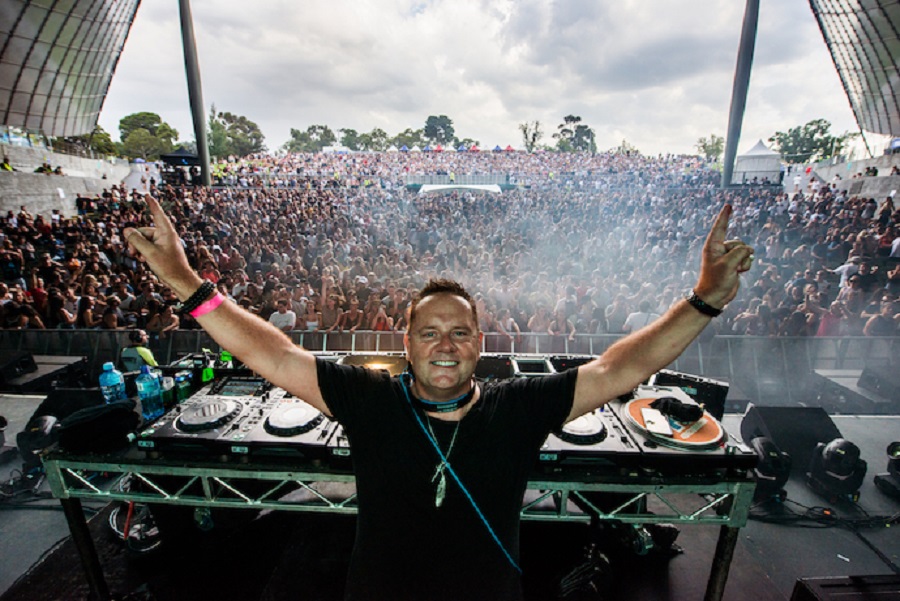
When was it that you both began to be recognised for your work?
Andy: “Well, I couldn’t mention the year, but it was around the time, when we did Ground Level (electronic music performance duo), because, it was like, these are all the steps, there wasn’t one big jump, it was like the step with Carl Cox and that was a step then. When we worked with Ground Level, they got played by a lot of big DJs like Sasha and John Digweed in the UK, who were the biggest DJs in the world at the time, I would say that’s when we got recognised, especially on an international front.”
John: “Our industry recognition was probably around 1995 when we released Pendulum in Australia and we had a hit with Coma and we won the ARIA for best dance release in Australia and that was on Vicious Recording, so that’s probably the first connection between the label and an artist and consumers, I think.”
The song, ‘Don’t Call Me Baby’ by your label was number one here in Australia and in the USA, UK, Canada, Ireland, New Zealand, and everywhere. What was your reaction to this huge moment?
John: “I was sitting in the studio when we made that record. When the demo vocal was cut. We were two guys living in Frankston in a small studio, in a backyard, there’s no way we’re going to hear the record and go, “wow this is a UK number one.” That would be quite an arrogant position to take. But I was certainly like Andy in thinking, “we have got a great song here.”
We started giving them out to a few DJs in Australia. From there, the demand just started to grow and grow and grow. During that whole time, our expectations slowly grew about the support that the record was getting all over the world. We signed a great deal with Virgin in the UK and with Sony for the rest of the world. They released it in multiple territories and had success. So yes, I remember when it went to number one in the UK, Andy called me and was like, “yep, we did it, we’re there.”
We started to think, wow, we could do this, and sure enough, it was number one. It knocked Britney Spears off to number two, and then Posh Spice’s debut solo record went to number three.”
Andy: “It was a surreal experience and traveling across Europe to promote it, doing hundreds of interviews, hundreds. It was a monster amount of work but my gosh it was so amazing when we achieved it.”
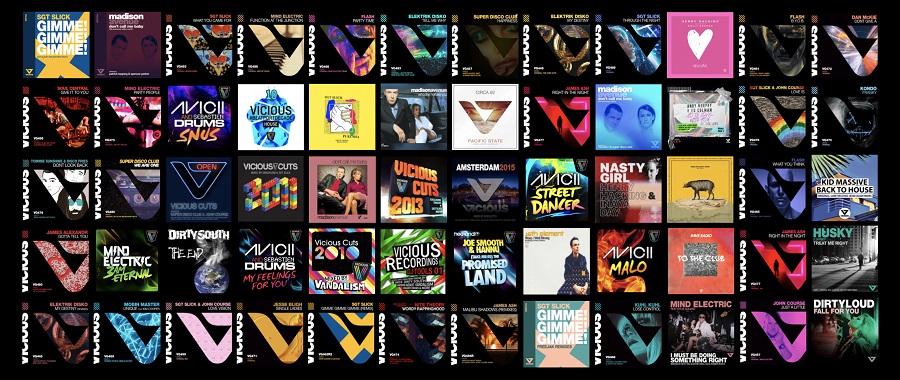
In all the past 30 years, what’s your biggest achievement with Vicious?
Andy: “Winning all those ARIAs, for Don’t Call Me Baby, when we won Song of the Year against rock songs and big established rock artists, which was a pivotal moment. I remember looking at John and at the ARIAs and thinking, “wow, we’ve definitely achieved a big milestone here in Australia,” and around that same time, having the number one song in the UK and signing Avicii, that would be the three most pivotal moments in the career of the label for me.”
John: “Going to number one in the UK, just made you think you can do anything.
Any record from Melbourne or some suburb in Melbourne can travel to anywhere in the world and the world was starting to open up as well with the internet evolving through the early 2000s so that helped change our thinking as both DJs, as a label, and as producers.”
There’s a documentary about the label and its 30th Anniversary that is coming out – tell us about that.
John: “It’s still in the planning stages, so we’re trying to get some bits and pieces together. We’re not entirely sure how it’s going to roll out in the end. We’re trying to get archival footage now, so that’s a little bit of a work in progress. Certainly, on the new Vicious website, you can go to it and click on a tab called ’92 to ’22 and there’s like a scrolling timeline of all the significant moments of the label over the last 30 years, how they came about, links to all the music, editorials on all of the stories about each of those records, so it’s everything from working with Steve Aoki and Angger Dimas, to the Madison Avenue story, to Avicii, to start of Peking Duk and the side label and Potbelleez and everything since.”
How do you find succeeding in the Australian music industry?
John: “The beautiful thing about dance music is that it can come from anywhere in the world.
DJs don’t care where something is from, they don’t care if it’s a new artist or an old artist, they just dig the sound and if they like it, an artist can break and grow. A lot of international DJs play in Australia over the European winter, and they come here and get introduced to new artists and new DJs. So, I think we’re lucky that dance music is not dominated by any one country and artists pop up from everywhere.
Also, music travels on the back of Spotify playlists, and Apple playlists that generate local support. So, dance music is a little bit unique like that, it doesn’t require all the things that a pop band necessarily requires to kick off. Shouse is a splendid example of that, two guys from Melbourne who have had one of the biggest streaming records of 2021 and nobody knew who they were when that record started to get streamed.”
Five years from now, what do you want to be doing, and what’s next?
Andy: “I would just suggest releasing more great music. We’ve got new songs from Sgt Slick, I’ve got a new project called Super Disco Club that I’m trying to get the word out on, which is very much like a Madison Avenue, but disco samples and Italo samples and things like that and that sort of fun disco house energy, so I’m working on that. We’ve got lots of amazing artists we’re signing now, I’ve signed a tech house artist out of Chicago called Proppa, he’s already starting to blow up even before we’ve even released his first track. So just doing what we’re doing, just having a lot of fun and getting more great music out, that’s my aim for the next few years.”
John: “Adapting to the new world. I mean it’s a vastly different world of releasing music. You’re fighting with the biggest artists in the world for playlist positioning, sites like Spotify and Apple Music, they add a Drake record, and it gets 20 million streams in the first weekend and that’s because it’s got a global market. We add a new Australian record, and it gets 300,000 streams in the first weekend and it looks like it’s not that successful, but in reality, it’s amazing for one country.
So, the model of releasing music has evolved, and we need to keep up with that and we need to build, which we’ve been doing for the past five years, building the Vicious label as a global label and being relevant on DJ sites like Beatport, Traxsource and just supporting our artists.”
To see more on the Vicious label, go to – www.vicious.com.au
Interview by Jake Freeman
